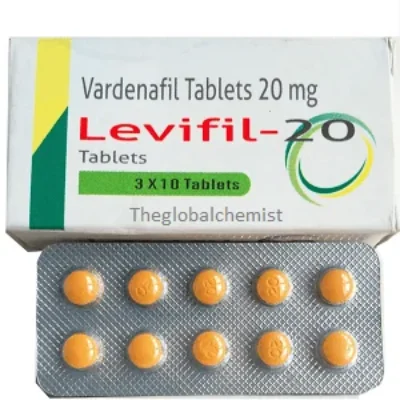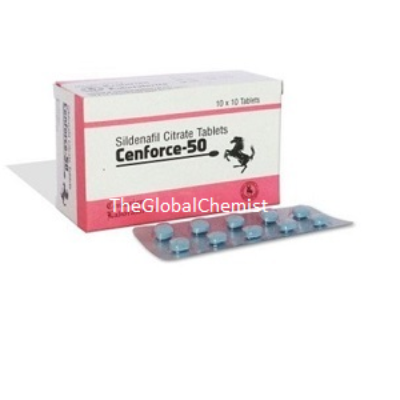
Menopausal and postmenopausal women may experience a decrease in sexual desire, orgasm, and the frequency of sexual intercourse. Decreased female libido occurs most often due to natural and physiological body changes due to menopause, and less frequently due to stress and relationship problems.
How are sexuality and aging linked?
Estrogen with or without androgen can increase the impact of menopausal physiological changes that affect sexuality. Stress and depression can be treated with medical advice and support. You may or may not need antidepressants to improve your emotional well-being. Relationship problems can be treated with couples counseling and support. Marital problems can be the cause or consequence of changes in a woman’s sexual activity and usually resolve with the return of regular sexual intercourse. The physiological changes of menopause that affect sex drive are highly dependent on estrogen production. It is believed that the hypoestrogenic state of menopause can delay the reaction time of the clitoris, resulting in a slow or absent orgasmic response in women.
A woman’s satisfying sex life depends on several things: the presence of sexual desire, stimulation, sufficient lubrication, and the ability to reach orgasm. After menopause, the sexual response is weakened and various body changes can make it harder to get aroused, painful to have sex, and to climax. Therefore, many women avoid intimacy altogether. Sexuality in menopause is based on the physical and psychological changes linked to the aging process. Additionally, additional factors, including the use of certain medications, the effects of the disease, and psychosocial stressors, can contribute to sexual dysfunction. A woman must know the cause of her sexual dysfunction medications and the available treatment.
In recent years, research in the field of ED treatment has made great strides in many areas from understanding the causes and promoting better care. There is a need to involve different aspects and identify strategies to prevent and promote healthy sexuality during the menopausal phase.
How to recover your sexual desire?
Fortunately, there are effective interventions available to regain the same sexual desire that you tend to have in your 20s and 30s. Certain strategies are extremely beneficial for improving libido in women. These include lubricants for dryness and pain, sex therapy/counseling, hormone therapy, and medications to revive the sex drive. Additionally, making certain lifestyle modifications can help improve sexuality in women.
If you’re experiencing a decrease in your sex drive, these tips can help you get back on track:
Talk about Medication Side Effects:- Talk to your healthcare specialist if any medications or dietary supplements you are taking may be interfering with sexual function. Special care must be taken with the consumption of medications for diabetes, depression, hypertension, anxiety and cancer.
Stop Bad Habits:- If you smoke, stop immediately. If you want to revive your sexuality, quit the bad habit. Smoking can not only trigger erection problems in men, but it can also negatively affect sexual function in women. Although a small glass of wine can improve sexual performance, drinking too much can make it difficult for you to reach orgasm.
Be on the lookout for hormone therapy:- Women facing a severe decline in their sexual performance can talk to their healthcare providers about testosterone therapy. Your healthcare provider will prescribe the lowest dose possible for the shortest time possible, along with estrogen, patches, gels, or cream instead of pills. Women with breast or uterine cancer or heart or liver disease should not receive hormone therapy.
Skip Supplements:- There is a wide range of sexual enhancement supplements available in health food and medical stores. Various online platforms also sell supplements that claim to restore sexual function in both men and women. They may contain herbs and other nutritional ingredients, but none of these supplements have been shown to be safe and effective in reviving sexuality. If not taken under the guidance of a sexual health expert, they can interact with other medications you may be taking. Men can use ED pills to restore their sexual dysfunction. Vardenafil tablets 20mg or Valif 20 mg Tablet is the best option for men.
Use lubricants:- Vaginal dryness is a major concern in women with menopausal and postmenopausal symptoms. Over-the-counter lubricants can provide relief without adverse effects. During menopause, estrogen creams, gels, rings, and pills prescribed for vaginal use can reduce vaginal dryness and increase your sexual performance. Clinical studies show that vaginal estrogens are safe without increased risk factors.
Get physically active:- Kegel exercises can help women have more enjoyable sex. They strain the pelvic floor muscles, which are the muscles that support the bladder and bowel.
Conclusion
It can contribute significantly to the physical, psychological and social well-being of menopausal women and, therefore, to their quality of life. If the sexual problem is primarily psychological or marital relationship, couples therapy or counseling can help. Sex therapy can also help regain your desire for sex. You need to find a sex therapist who specializes in treating sexual problems. Vardenafil tablets 20mg or Valif 20 mg Tablet is one of the most effective ED pills for men with erectile dysfunction.
Read Also: –Is erectile dysfunction curable permanently?








